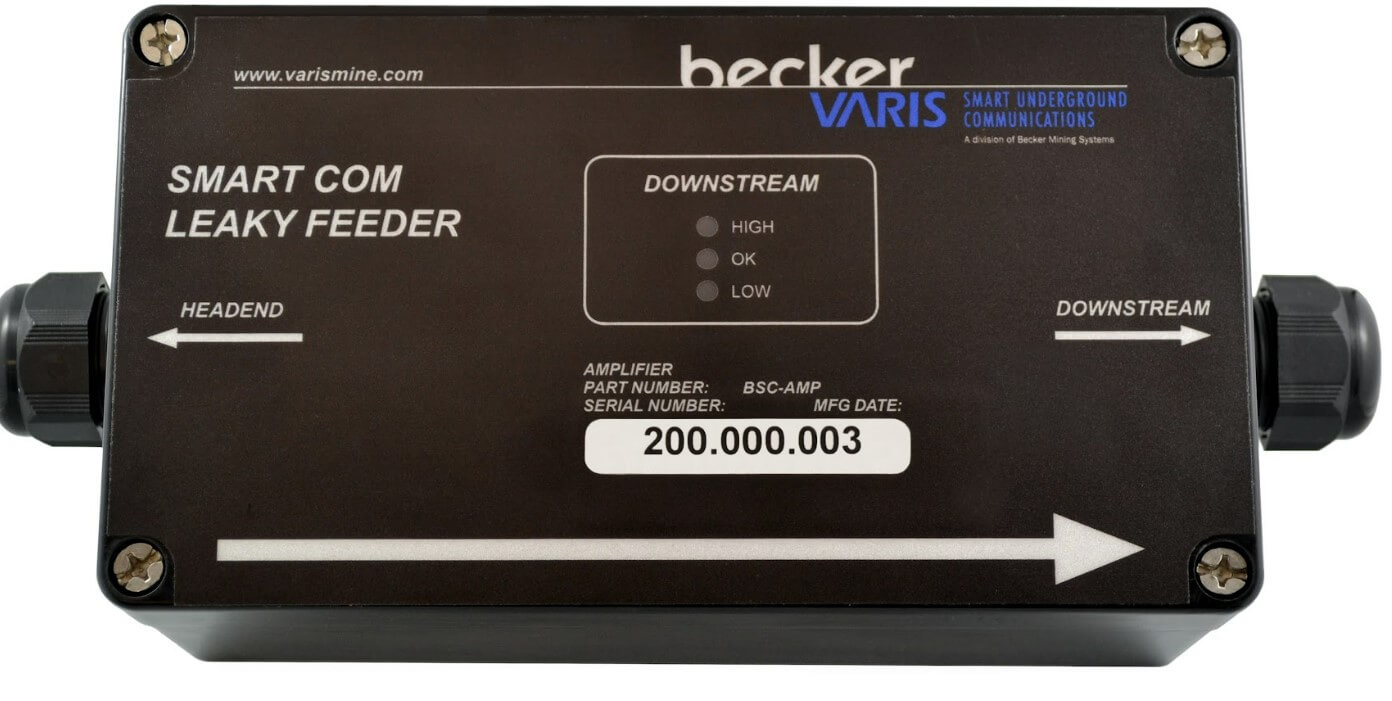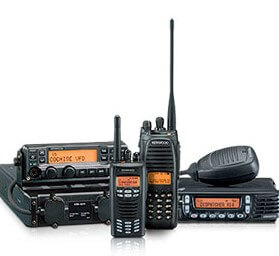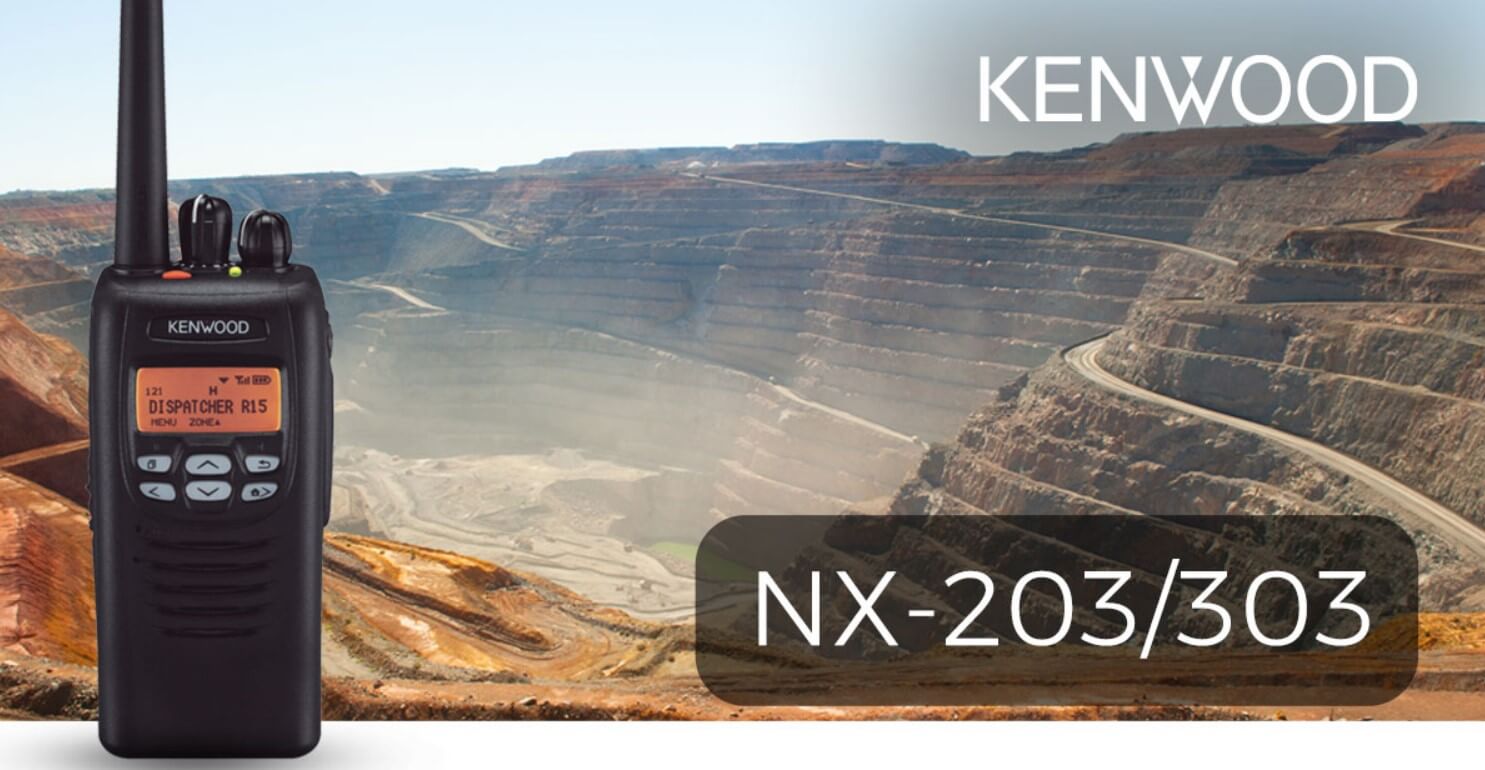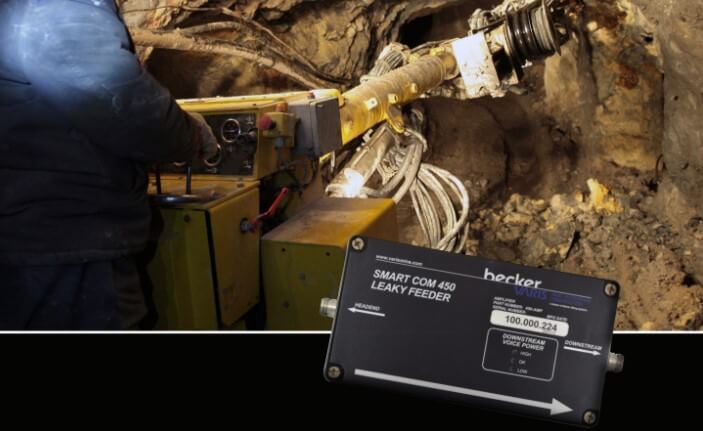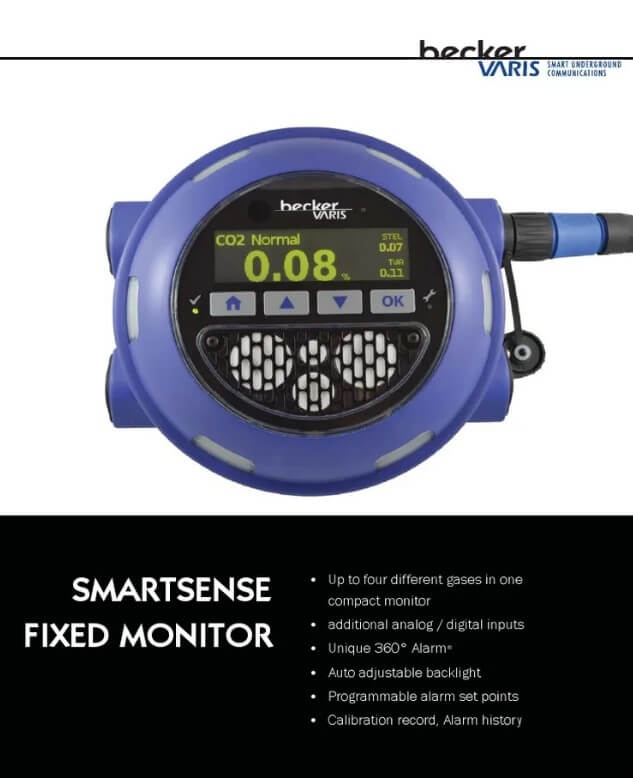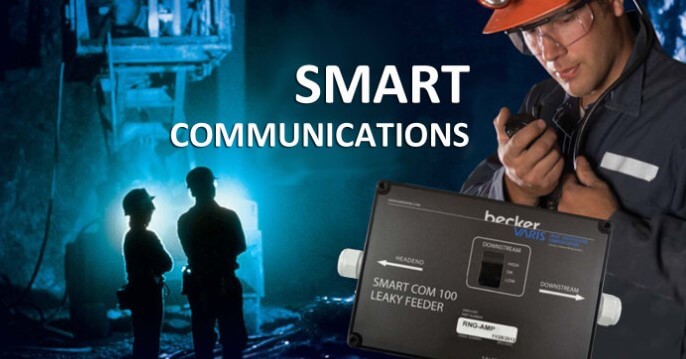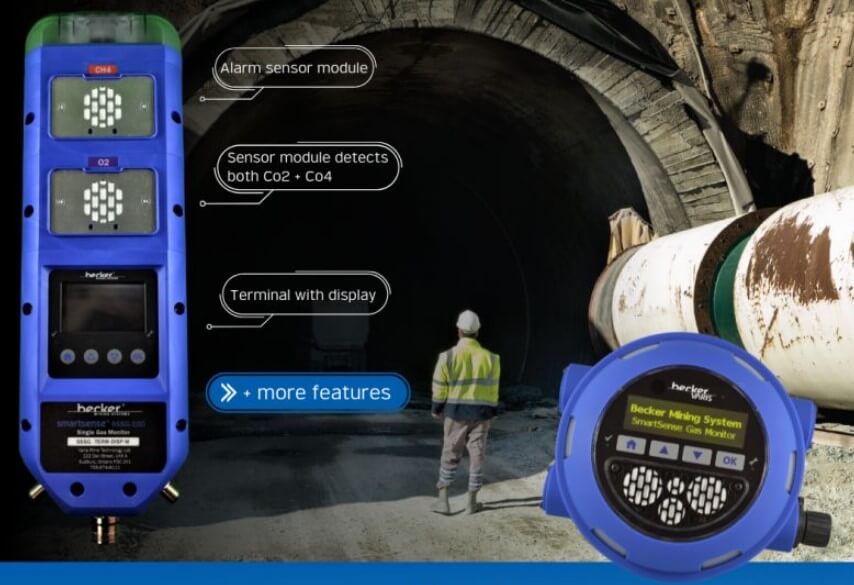In modern mining and mining operations, safety, efficiency, and reliability are must-haves. In an underground mine, communication has always been one of the most overlooked yet fundamental needs. Without a system you can count on, teamwork crumbles, responses slow down, and risks surface. A leaky feeder communication system provides this solution, bringing the team together and maintaining smooth operations. Our company, providing such systems all over the United States, specializes in helping keep your mine safe and jamming along.
Why Your Mine Needs a Leaky Feeder Communication System to Stay Profitable
